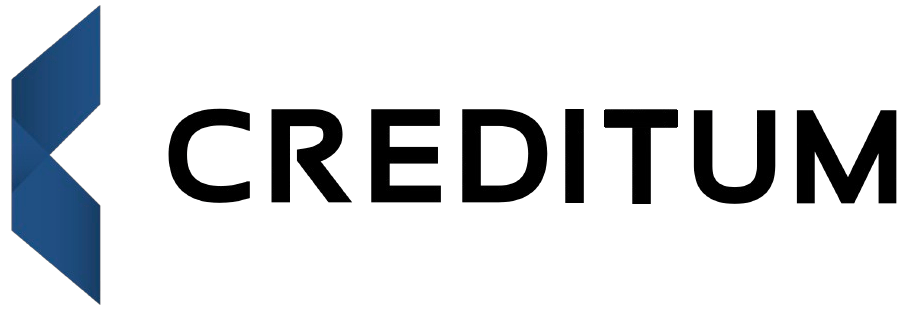Compare loans in South Africa
- No impact on your credit score when
you compare - Get offers in seconds
- Loan offers are non-binding

Unsecured loans offer a flexible financial solution without requiring collateral. They’re ideal for those who need quick access to funds, whether it’s for unexpected expenses or planned purchases. These loans are based on your creditworthiness, making them accessible to many South Africans. With competitive interest rates and varied repayment terms, they offer a convenient alternative to traditional borrowing. It’s important to understand the terms and assess your financial needs before applying, ensuring the loan aligns with your financial capacity.
Understanding Unsecured Loans
Unsecured loans are a type of credit that does not require any collateral. This means, compared to secured loans, you don’t have to pledge your car, house, or any asset to get the money. Instead, lenders offer these loans based on your creditworthiness. Your income, credit score, and financial history play crucial roles in determining your eligibility and the terms of the loan.
Since no asset backs an unsecured loan, the interest rates can be higher. Lenders take on more risk, so they compensate by adjusting the repayment terms. Despite this, unsecured loans are popular due to their straightforward application process and flexible use. Whether you need funds for education, medical expenses, or even consolidating debt, they offer a viable solution for many people in South Africa.
Advantages of Unsecured Loans
Unsecured loans offer a range of benefits for those in need of financial assistance without the hassle of securing assets. One of the main advantages is that no collateral is required, meaning there’s no need to pledge your home or car to get the loan. This can be particularly beneficial for individuals who may not have significant assets but still require funding.
Another key benefit is the typically quick approval times associated with these loans. Because there are no assets involved, the process is often more straightforward and faster, allowing you to access the funds you need swiftly. This can be invaluable in times of emergency or when speed is of the essence. Unsecured loans are a flexible option, offering accessible financial solutions to a wide range of individuals.
Potential Risks to Consider
While unsecured loans offer the advantage of not needing collateral, it’s important to be aware of potential downsides. One key risk is the possibility of higher interest rates compared to secured loans, which can increase the total repayment amount. Additionally, without collateral, lenders might impose stricter credit score requirements, potentially limiting options for those with lower credit ratings. Carefully assess your financial situation and repayment capabilities before committing to ensure it aligns with your needs.
Who Can Apply?
Understanding who is eligible to apply for unsecured loans is crucial for anyone considering this financial option. Generally, these loans are available to South African residents who meet specific criteria. While each lender may have unique requirements, there are common characteristics among successful applicants.
Typical candidates for unsecured loans usually range from 18 to 65 years old. They must demonstrate a stable income, with many lenders looking for applicants earning above a certain threshold, ensuring they have the capacity to repay the loan. A credit check is often part of the process, and having a good credit history can significantly improve one’s chances of approval.
- Age: 18 to 65 years
- Income: Stable and above lender-specified minimum
- Residency: South African resident status
- Credit History: Preferably good
It’s essential to ensure your documents are up to date and accurate before applying. Keeping these factors in mind can help streamline the application process.
Tips for Quick Approval
Focus on keeping your credit record clean. Lenders often review your history to see if you pay your debts on time. By consistently settling bills and avoiding defaults, you can improve your approval chances. It’s also wise to check your credit report for any errors and dispute them if needed.
Provide accurate and complete information on your loan application. Ensure all details, such as your employment status and income, are up-to-date. This not only speeds up the process but also builds trust with potential lenders. Remember, they want to feel confident in your ability to repay.
Lastly, consider starting with a smaller loan amount if you’re new to unsecured loans. This reduces the risk for lenders. Once you’ve established a good repayment history, it becomes easier to apply for larger amounts in the future.
Unsecured vs. Secured Loans
Unsecured loans are a type of credit that does not require collateral. This means you don’t need to place any asset, like your car or home, as a guarantee. Because of this, unsecured loans often come with higher interest rates. Lenders take on more risk without collateral, balancing this through interest. The simplicity of these loans can be appealing, but it’s important to be aware of the potential costs.
On the other hand, secured loans require you to put up an asset as collateral. This makes them less risky for lenders. Due to this reduced risk, secured loans usually offer lower interest rates compared to their unsecured counterparts. However, if you cannot repay, the lender may take possession of your asset. This makes secured loans ideal for those confident in their ability to manage repayments, but the risk of losing your asset is a crucial consideration.
Making Smart Financial Decisions
Choosing the right loan can have a big impact on your financial future. It’s crucial to compare different options before committing. By evaluating various loans, you can find terms that suit your needs and avoid costly long-term commitments.
